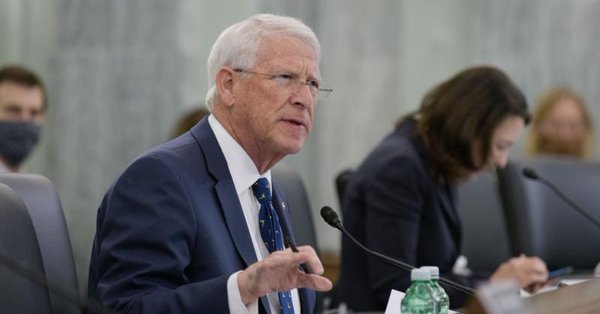Mississippi joins Second Amendment case
Mississippi State Attorney General Lynn Fitch joined 21 other State Attorneys General in asking the Supreme Court of the United States to take the case, Gun Owners of America v. Merrick Garland, supporting important administrative law and Second Amendment principles.
“This case demonstrates the danger to fundamental freedoms when the federal executive branch applies an expansive interpretation of its authority,” said Attorney General Lynn Fitch. “The Court needs to clarify the appropriate boundaries of case law that refers to government agencies, and this is a good case for that discussion.”
The Bureau of Alcohol, Tobacco, Firearms and Explosives (ATF) Final Rule on Bump-Stock-Type Devices contravened federal law – as well as long standing ATF policy – when it read “machine guns,” which are banned by the National Firearms Act of 1934, to include commonly used semi-automatic firearms when used with bump-stock accessories. Bump stocks replace the standard stock of these firearms and assist the shooter in “bump firing,” which increases the rate of fire. They do not transform semi-automatic rifles into automatic machine guns. Owners of such accessories were informed that they must surrender or destroy their bump stocks to avoid criminal liability.
“This [agency] interpretation categorically expands the text of the criminal statute in a way that Congress couldn’t possibly have intended,” the States wrote in their brief. “And it expands criminal liability at the expense of Second Amendment rights, diminishing the latter absent a sufficient and compelling justification. When the ATF—or any agency—invades protected rights by interpreting statutes too broadly, this Court should step in.”
A panel of the United States Court of Appeals for the Sixth Circuit ruled against the ATF in March of last year, concluding that bump-stock accessories do not transform commonly used semi-automatic firearms into “machine guns” that are banned by the National Firearms Act of 1934. Upon rehearing en banc, the full Sixth Circuit Court allowed the ATF’s rule to stand after an even split on the court allowed it to issue an order affirming the district court.
“Actions like the ATF’s do not just violate important principles of administrative law. They also illustrate how the government can endanger fundamental rights through creeping, incremental, and seemingly benign regulatory depredations,” the brief states. “If Congress had wanted to categorically expand the NFA to cover semi automatic firearms that use a bump-stock accessory, it would—and must—have done so explicitly.”
Click here to read the full brief.
The coalition on this multistate brief included Attorneys General from Montana, West Virginia, Alabama, Alaska, Arizona, Arkansas, Idaho, Indiana, Kansas, Kentucky, Louisiana, Mississippi, Nebraska, New Hampshire, North Dakota, Ohio, Oklahoma, South Carolina, South Dakota, Texas, Utah, and Wyoming. Attorney General Fitch also joined an amicus brief when the case was heard en banc.
News Release






